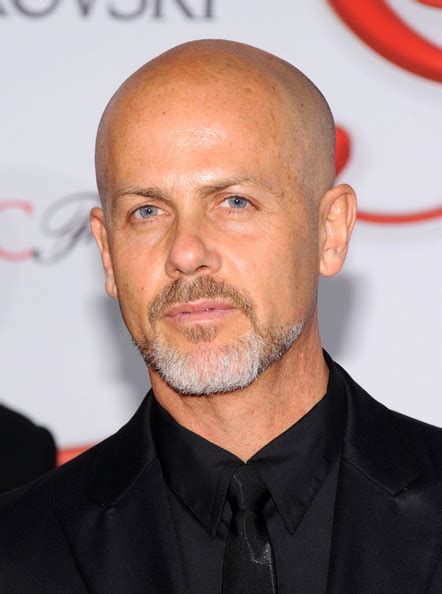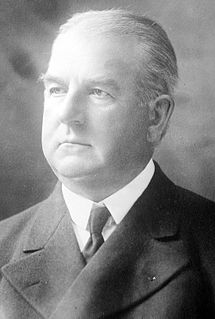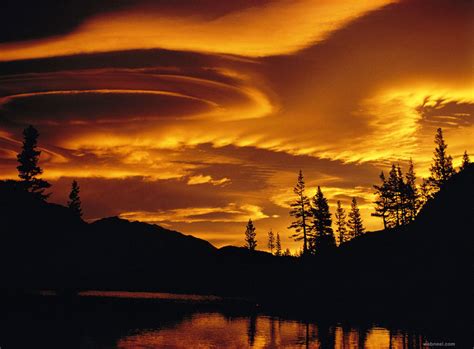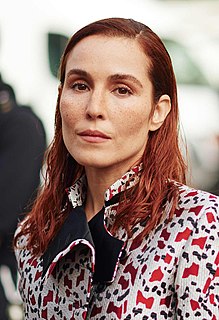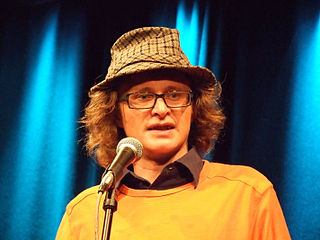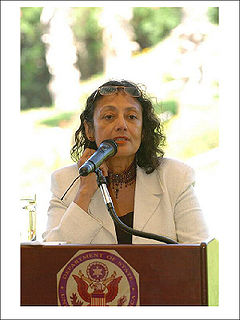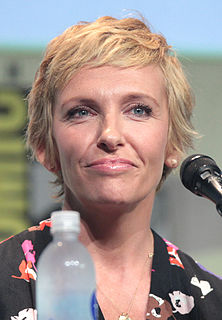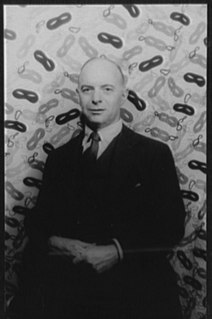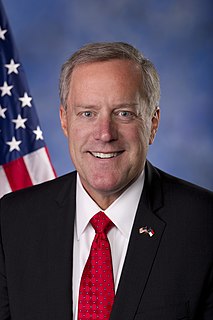A Quote by Morgan Freeman
I've travelled a lot, but I am essentially American. All my input has been American.
Related Quotes
You see the one thing I've always maintained is that I'm an American Indian. I'm not a Native American. I'm not politically correct. Everyone who's born in the Western Hemisphere is a Native American. We are all Native Americans. And if you notice, I put American before my ethnicity. I'm not a hyphenated African-American or Irish-American or Jewish-American or Mexican-American.
Perhaps I am still very much of an American. That is to say, naïve, optimistic, gullible. In the eyes of a European, what am I but an American to the core, an American who exposes his Americanism like a sore. Like it or not, I am a product of this land of plenty, a believer in superabundance, a believer in miracles.
I'm from a Lebanese-American family. And I've been had lot of contacts and - with Arab-American community, especially Arab-American filmmakers and actors and so forth. It's a community that, a minority that really hasn't been heard from enough. And so many of the stories that are told about Arab-Americans these days are just negative portrayals in the news, but also in television and film. So we're - we set out to try and offset some of those stereotypes.
Today, we have come a distance. We have made a lot of progress. That cannot be denied. You cannot dispute the fact that our country is so different from 50 years ago. But we still have problems. There are too many people that have been left out and left behind, and they are African American, they are White, Latino, Asian American, and Native American.
We should really focus on an American First agenda, and these climate pacts and climate regulations have been designed to not necessarily give American workers and the American environment a head start. It really gives our competition a greater ability to compete internationally and disadvantage American companies.



